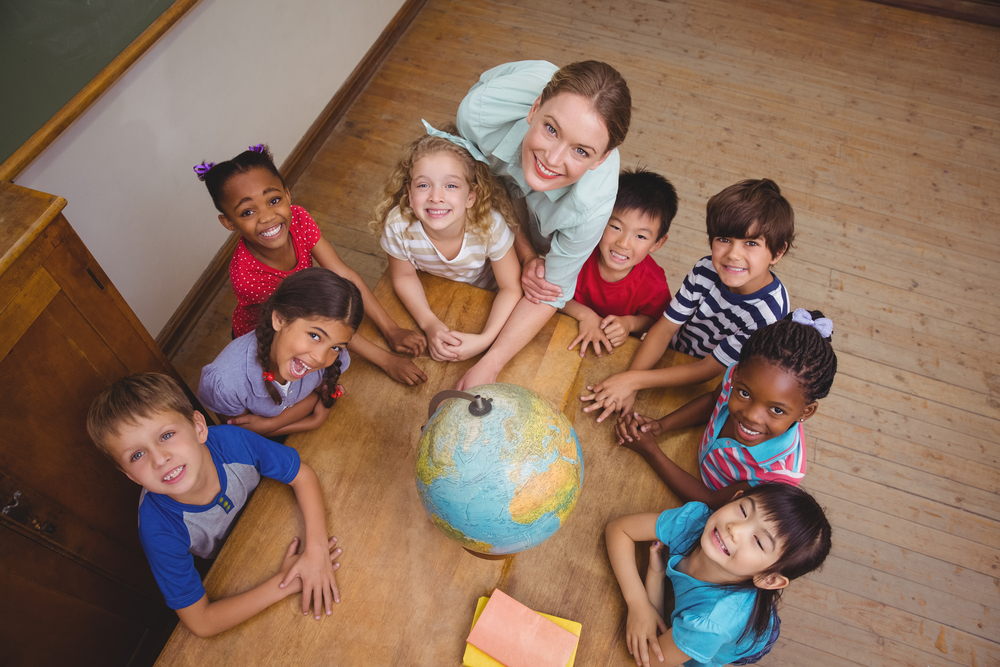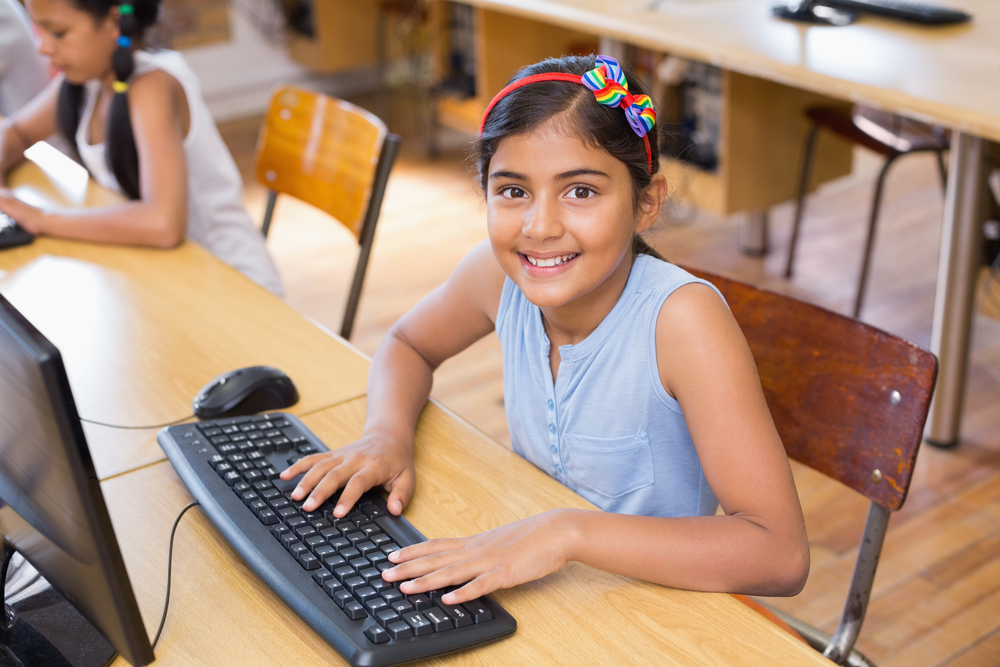How the Unconscious Bias by Teachers Fuels a Vicious Cycle in Early Childhood Education
With the perception that children from disadvantaged backgrounds are less capable than their peers or by propagating familiar gender or ethnic specific stereotypes, teachers are inadvertently contributing to a vicious cycle that perpetuates inequality. The impact of these biases, on an individual level, may lead a child to chase a dream that he or she is not truly passionate about.
My favorite teacher told me that every life is akin to a novel written in indelible ink that begins at the commencement of education. Some write slowly; painstakingly mulling over every possibility before exercising their penmanship. Others are impulsive, writing as they think. The millions of less fortunate children, who don’t have the opportunity for an education, carry hackneyed manuals that have been written for them long before they are even born. These children unfortunately are denied the benefit of being in control of their own lives. The duty of a teacher, which cannot be stressed enough, is to not only teach his or her students how to write, but to also aid them in crafting the exposition of a story worth telling.
Consistent with Asian-American stereotypes, my first teachers in grade school confidently asserted that my future would be in either science or mathematics. I learned to love and excel in these subjects and ultimately pursued a degree in Molecular, Cellular and Developmental Biology in university. However, in middle school I noticed a sentiment among my teachers that made me wonder why teachers had always encouraged me to pursue study in the sciences at such an early age. Middle school was the first time where I had a different teacher for every subject, and I instantly noticed that while my science teachers would flock towards me, my teachers in English and the social sciences would focus the majority of their attention on other students. As these teachers did not know who I was or my aptitude in various subjects, I believe their assumption that I had a penchant for science, akin to the assumption of my grade school teachers, was based solely on my appearance.
Unfortunately, even in the most privileged societies, the inherent socioeconomic biases of teachers greatly confound the life stories of their pupils.
With the perception that children from disadvantaged backgrounds are less capable than their peers or by propagating familiar gender or ethnic specific stereotypes, teachers are inadvertently contributing to a vicious cycle that perpetuates inequality. The impact of these biases, on an individual level, may lead a child to chase a dream that he or she is not truly passionate about.
The unintentional prejudice of teachers was supported in a study by University of College London’s Institute of Education which compared standardized testing results of 5,000 primary school students in England with assessments of their abilities by their teachers. The study showed great disparities between a student’s performance on the examination and the teachers perceptions of his or her aptitude.
Much of this difference can be explained by unconscious bias related to socioeconomic status. For example, among boys and girls who performed equally on the exam, teachers incorrectly perceived that the boys were better at math while the girls were better at reading. Similarly, students who were bilingual were typically underrated in English and students with special needs were underrated in nearly all subjects.
The long-term impact of unconscious biases by teachers could be incredibly detrimental in shaping the lives of students. By steering students towards certain fields based on stereotypes as opposed to what they are genuinely interested in, may result in a loss of morale by students in higher education and may ultimately lead to careers that they are dissatisfied with.
I used to consider myself, “one of the lucky ones”, as unlike many of my friends, I happened to love the fields that were consistent with my stereotype. However, I no longer consider myself so lucky. Although the sciences are my strengths, I was always determined to address my weaknesses in English and the arts. However, due to the inequality that exists in education, I was always relegated to the sciences and did not receive the attention that I believe I deserved in other subjects.
It is important to acknowledge that these inherent biases are not a teachers-specific problem but a consequence of being human. As Tammy Campbell in the Journal of Social Policy states,
Humans use stereotypes as a cognitive shortcut and we’re all prone to it [doing so].
So how do we stop this harmful prejudice?
I would recommend that teachers are trained to be more aware of their inherent biases prior to meeting their students. Additionally, I believe it is important for teachers to make a sincere effort to communicate with each of their students in order to help them discover their true passion.
My favorite teacher told me that a teacher has done their job adequately when a child has begun to independently write their story as this is a harbinger of a child with command over his or her own life. However, in the best stories, the stories worth telling, a teacher has inspired the child to wake up every morning excited to write more in the book that represents his or her life.
My favorite teacher is my grandfather.



